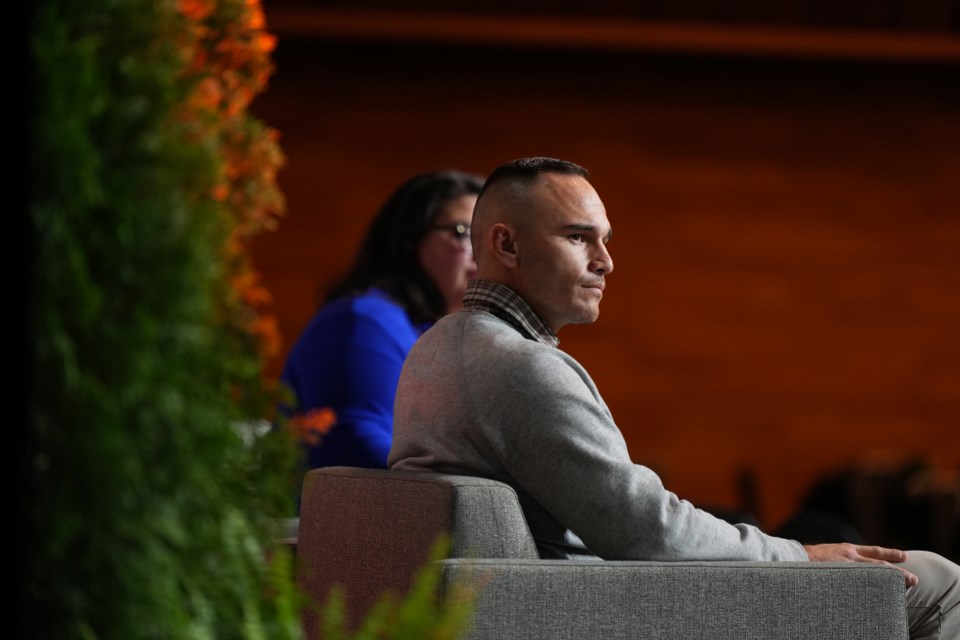An economy simply cannot be assessed – or survive – on the weight of dollars and cents alone.
Given the fluidity of both economic and environmental conditions, it’s imperative that Canada moves away from its long-standing reliance on fossil fuels to bolster the economic opportunities of the 21st century.
And an upcoming panel discussion in Vancouver will examine how to do just that.
Held as part of the upcoming 2024 Indigenous Partnerships Success Showcase (IPSS) on June 6, this discussion, entitled Indigenous Opportunities Across B.C.’s Electrification Value Chain, will center around the necessity of electrification due to increasing household and industrial demand, policy objectives, and the imperatives of reconciliation. The panel will be sponsored by KPMG, joining event patron sponsor GCT Global Container Terminals.
The panelists include: Josie Osborne, minister of energy, mines and low carbon innovation; Kwatuuma Cole Sayers, executive director of Clean Energy BC; and Michelle Mungall, senior advisor with Energy Storage Canada and Woodfibre LNG, and former provincial minister of energy, mines and petroleum resources.
“Having both the present and past ministers of energy, along with the participation of Kwatuuma Cole Sayers, I think is really important because we need to greatly increase the amount of electrification that powers society – we can’t continue to just have fossil fuels powering our society,” says IPSS founder Stewart Muir.
To lead off the discussion, Sayers will emphasize the significance of energy transition opportunities for Indigenous communities, stressing economic reconciliation; Osborne, meanwhile, will outline government steps to ensure Indigenous participation in energy transition and asset ownership.
Regarding ease of involvement, Sayers will present feedback from Indigenous communities and businesses, and address capacity challenges. The discussion will shift to energy storage, emphasizing its importance in grid reliability and resiliency. Osborne and Sayers will explore how BC Hydro can diversify energy storage in partnership with Indigenous communities.
Mungall will highlight the gradual nature of the energy transition and economic reconciliation processes, stressing the need for stability amidst political changes. The panel will conclude with audience questions and closing remarks focusing on collaboration, government policy, and long-term planning for societal shifts.
“All of these future growth opportunities are going to require First Nations to be leading, not just a part of or just consulted, but to be really leading in developing those resources,” Muir says. “We can’t have an electrified, clean, future economy without First Nations being at the front of it.”
Running June 5 and 6 at the Vancouver Convention Centre, IPSS has become the West Coast's premier conference on partnerships between Indigenous peoples, the business community, and Canadians in general. IPSS stands out from competitors because it is not primarily a B-to-B conference, but what organizers call a "business to Canadians" conference.
The key theme for this year’s IPSS is on Reconciliation in Action, and responding to the growing demand for practical guidance on how First Nations, Métis and Inuit communities and their enterprise partners can work together, in common purpose, for shared success.
“I think these values are shared by many in the community, especially by those who want to contribute toward reconciliation in all spheres of business or cultural life but may not feel equipped,” Muir says. “IPSS will provide guidance, inspiration and networking opportunities to fuel practical steps toward reconciliation.”
Tickets for this year’s IPSS are available at www.indigenoussuccess.ca.



